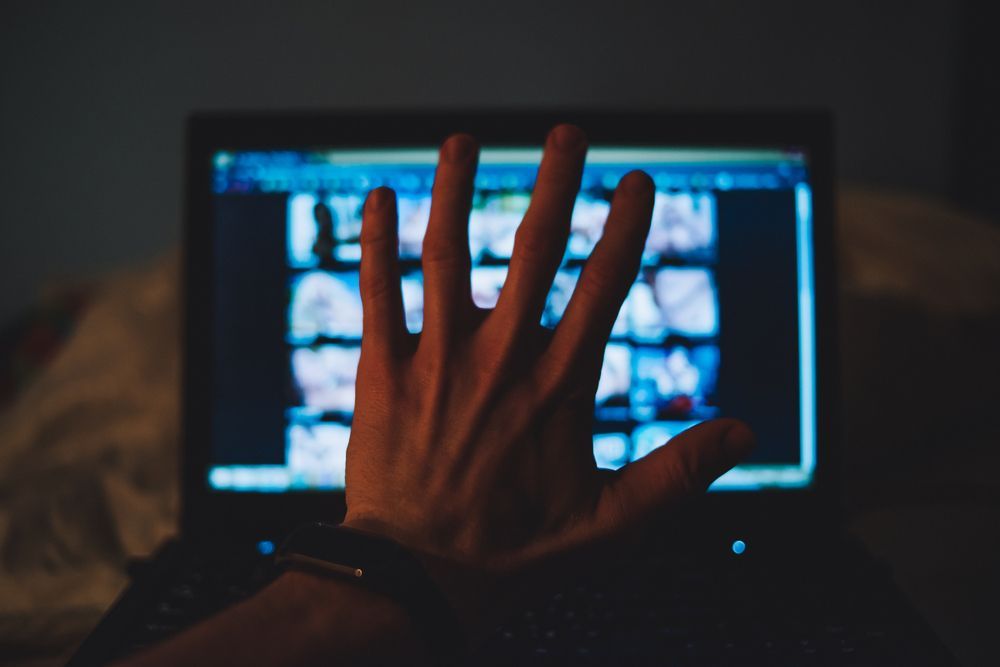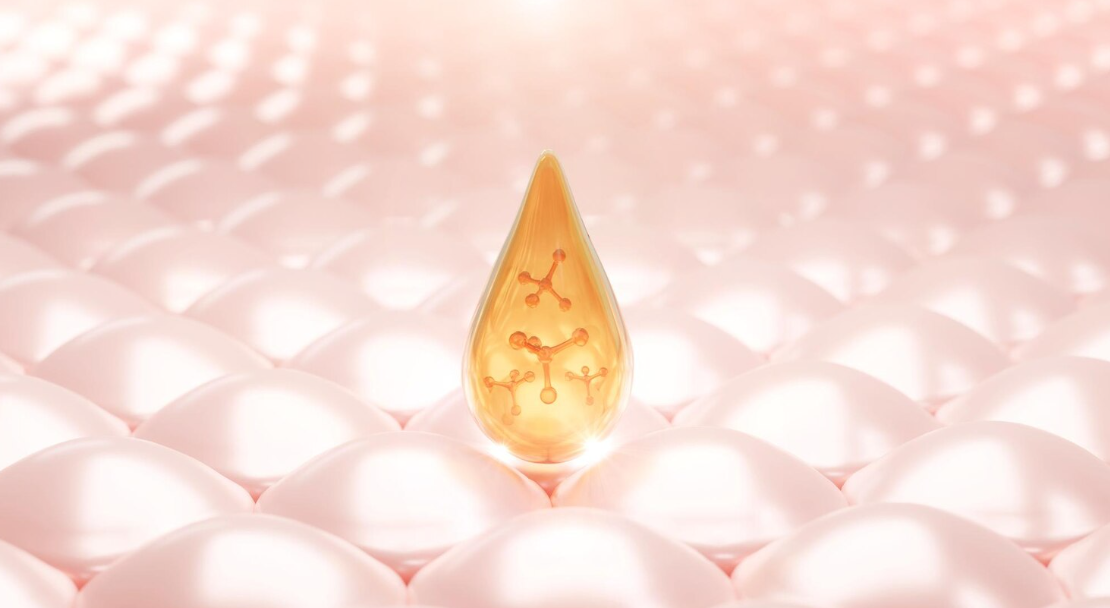Complexities of Pornography Addiction: Causes and Treatment

Navigation links
Free Consultation
It's important to know that you are not alone. Get help with depression today!
TMS THERAPY SUPPORTS MENTAL WELLNESS
- Depression
- Lack of Joy
- Sadness and Despair
- Low Mood
- Lethargy
- Insomnia
- Oversleeping
- Social Isolation
- Self-Harm
- Substance Abuse
- Suicidal Ideation
- Alcoholism
Addiction isn't just a drug- or alcohol-related issue. Just as with substances like drugs or alcohol, pornography addiction—often brushed under the carpet—is a serious issue that affects countless people and triggers lasting problems in their lives. Understanding the core of this addiction, along with the potential avenues for treatment, can offer a glimmer of hope.
What Causes Pornography Addiction?
An addiction to pornography has multiple underlying causes that can make it tough to fight. The prevalence of pornographic images online makes them very easy for people, including those who are underage, to access. Unfortunately, this easy access may prey on many mental health problems, including:
Psychological distress, such as loneliness triggered by poor emotional connections- Relationship problems with a loved one that make pornography seem more appealing
- Unhealthy cultural norms, such as a misunderstanding of healthy sexual behaviors
- Biological concerns, such as the heavy increase in pleasure hormones when viewing pornography
There's a lifeline for those grappling with the grip of pornography addiction. Understanding the options available to you can help ensure that you receive the support needed to lead a fulfilling life free from pornography.
Treatment for Porn Addiction
Managing pornography addiction requires strong mental health support from a skilled care team. Getting to the bottom of addiction in therapy involves a deep dive into its root causes, which often include feelings of loneliness, engaging in unhealthy habits, living under negative societal pressures, and dealing with depression. Unraveling these issues gives us a richer grasp of addictive habits, making treatment work better.
Moreover, it lights up a beacon of recovery for individuals and their affected loved ones.
At Unchained Wellness Clinic, you'll receive personalized therapy suited to your needs. Through the careful guidance of our compassionate professionals, we'll help you pinpoint any deep-seated emotional issues and behaviors that may be linked to your addiction. In light of that, our team is ready to engage in a sincere conversation with you and help you navigate through any emotional challenges you may be facing. Our objective is to help you overcome challenges and simplify your life from the complications brought upon by addiction. Exploring alternative therapies at our clinic can offer a wide range of unique benefits.
For example,
cold plunge treatment involves submerging briefly into cold water. Cold water immersion triggers a bodily stress response that quickly releases feel-good hormones, promoting relaxation. Since this immersion is so quick, your body won't get too stressed, and you'll feel high levels of emotional positivity.
Incorporating holistic approaches into your regular therapy sessions can greatly enhance the benefits you receive. In some cases, when conventional therapies and medications are not effective, alternative treatments can offer a potential solution. For instance, individuals who have allergies to antidepressants may require alternative treatments to alleviate their symptoms.
Where to Find Help for Pornography Addiction in Gilbert, AZ
Overcoming the dangers of pornography addiction isn't a path you should take alone. At Unchained Wellness Clinic, we understand that reaching out for help can be challenging, but rest assured that we are here to listen and guide you through your journey toward well-being. We look forward to speaking with you and helping you on your path to a healthier and happier life. Please feel free to give us a call at 480-536-9473 to schedule an appointment with our dedicated team.



